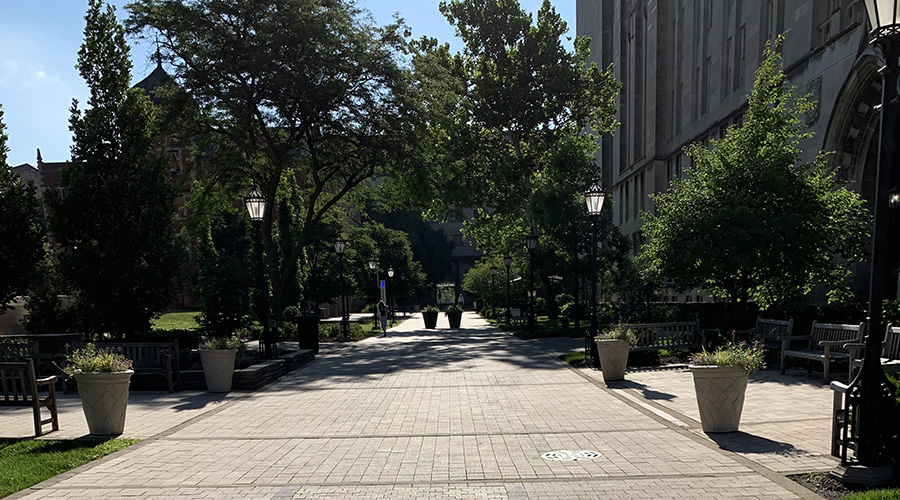Drills, Communication, Relationship Building All Strengthen Security
The challenges of maintaining security in multi-tenant office buildings include getting tenants to cooperate in fire drills and to tell building management about potential problems. Security chiefs, for their part, can conduct tabletop exercises and build relationships with first responders. "If the tenant opts not to cooperate with that fire drill, I notify their insurance company," Pyznarski says. "I'll send a letter: 'On this date we offered this training to your insured. Please be advised that your insured opted not to participate in this critical life safety training.' I haven't written a letter in a couple years because they know I'll do it."
Tenant reluctance to participate in evacuation drills is just one aspect of a larger issue. The challenge, says Raymond Kelly, president of risk management services for Cushman & Wakefield and former longtime New York City police commissioner, is getting tenants to "maintain an active and committed focus on safety and security issues. These are very busy people who are understandably preoccupied with pressing business matters. Nevertheless, corporate executives have a moral, legal, and fiduciary responsibility to mitigate the risks faced by their employees, customers, and visitors."
One aspect of that responsibility is keeping the building management informed of potentially significant life safety information, such as a domestic situation where a building employee has served a restraining order against an individual. "If you have an order of protection, you need to file that with the police department and let us know you have that," Pyznarski says. "I don't need to know the details of someone's personal life, but let me know that this is a safety concern, because I can only protect you if I'm aware the condition exists. And we work with the local municipality to make sure the order of protection is on file with the police, so that if we call to say that a person is here who shouldn't be here, they are already aware of the situation."
The more that tenants are willing to be involved, the more effective safety and security measures can be. Kelly and Amy Lind, senior vice president for Transwestern, cite the value of conducting tabletop exercises, where various stakeholders in a building essentially sit at a table and are presented with a scenario and asked to think through their response.
That approach was effective at the New York City police department, Kelly says. "We always discovered new ways of improving our response to emergency situations, be it a terrorist incident or an active-shooter situation. Building managers and tenants alike would be well served by implementing a regular schedule of exercises to test their response capabilities."
Building Relationships
The wife and daughter of police officers, Pyznarski stresses the value of building first-name relationships with first responders and municipal government contacts. "I know my policemen and firemen and municipalities personally," she says. "I invite them to the building, I invite them to train in the building. I also know I can call them and find out what's really happening."
Staging the training takes a little forethought, so tenants know what's happening, but it pays off, Pyznarski says. "I put out a sign in the lobby: 'To all the tenants: The Rosemont police department is training here today. Please don't be alarmed by the presence of police and fire equipment.' The tenants love it because they feel safe, and they know we have a true relationship with our municipality."
Related Topics:












